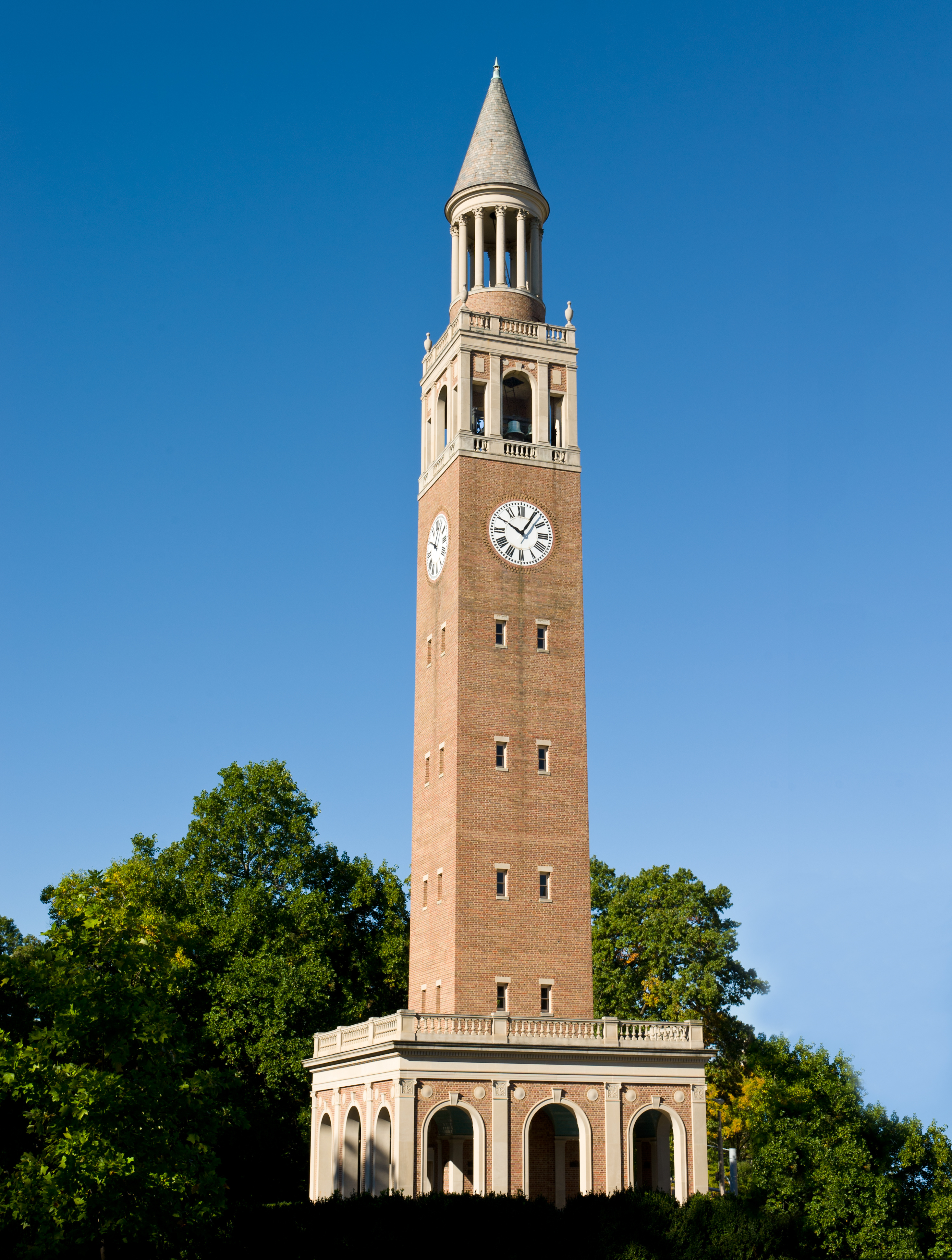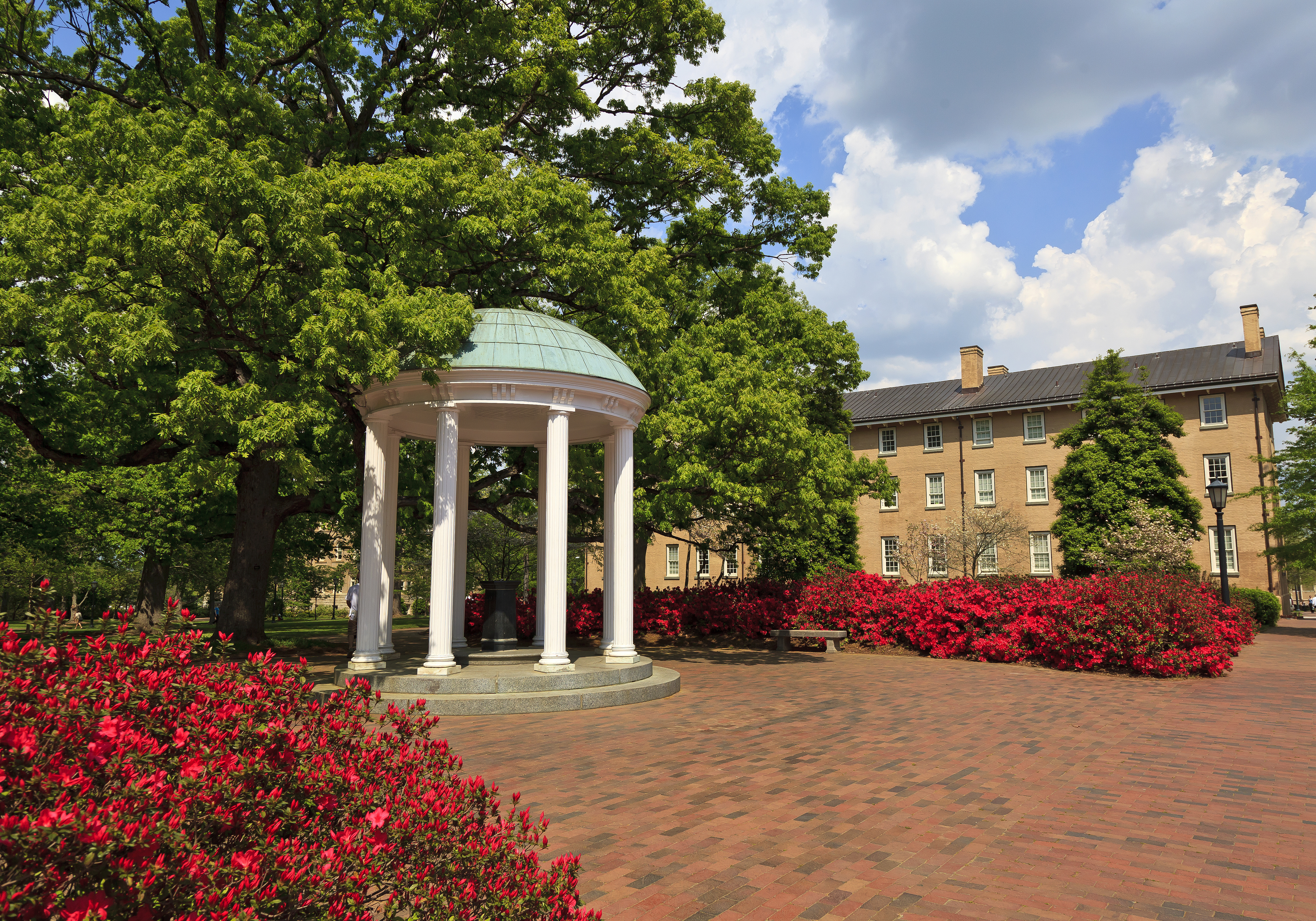
The NCAA announced it will not impose sanctions on UNC Chapel Hill men’s and women’s basketball program for a systemic academic fraud that offered about 200 different “paper courses” over a two decade timeframe.
The NCAA acknowledges that from 1989 through 2011 around 6,000 students were in those courses. The NCAA acknowledges for these courses minimal attendance was required, faculty helped with papers, and the grading was quite loose. An internal investigation found 3,100 students took a paper course during a specific 9 year timeframe, with somewhere around half of those enrolled being student athletes.
The reason UNC walks?
Non-athletes participated in the paper courses.
Since the known and admitted fraudulent courses weren’t used to benefit only athletes, the NCAA concluded the scheme does not violate their rules.
Seriously.
Non-athletes saw their GPA pumped up too, so it was okay to keep athletes eligible to play with the paper classes.
Again, that is the reason for no consequences.
The lesson to be learned for all other universities is to make sure that if they run an academic scam to keep their athletes eligible, then make sure that non-athlete students are in the fake classes too.
Here are a just a few of the articles out today:
10/13 – Alex Kirshner at SB Nation – The NCAA agrees UNC committed academic fraud. Here’s why the NCAA isn’t punishing the Heels for that – Only two people were sanctioned, and that for minor issue of not fully cooperating with the investigation.
10/13/17 – New York Times – NCAA: North Carolina Will Not Be Punished for Academic Scandal– Article explains the NCAA concluded there was a large academic fraud but that isn’t their concern. Article explains a lot of athletes were steered to the courses by the athletics department advisors.
10/13/17 – ESPN – FAQ: How and why North Carolina escaped sanctions from the NCAA –
10/13 – Alex Kirshner at SB Nation – You shouldn’t be angry about UNC walking away from NCAA justice – Author says we shouldn’t be upset with NCAA closing their eyes (okay, those are my words, not his) to the systemic academic and athletic fraud. Why? Because any punishment would fall on current students, who by my calculation, were in elementary school or high school during the scam.
The irony is UNC argued and delayed and dragged their feet for years. The NCAA report says UNC attacked the process, the NCAA rules, and the panel members individually. The NCAA says many of the UNC written responses were aimed to discredit the process (page 5).
So I guess another lesson, if the thinking in this article is correct, is in order for schools to avoid any punishment being levied on them, they should argue, delay, change their stories, and attack the process so any resolution will be years and years after all the otherwise-ineligible athletes have graduated and most of the academics and athletic staff have retired or moved on.
Author points out the dragged out 7 year investigation followed the 18 year scam. But there are no consequences for UNC.

The NCAA report.
You can find the NCAA Committee on Infractions (COI) report here. If your blood pressure is a bit low today, I heartily recommend you read it.
In case you think maybe I’m making this up, here are some comments from the NCAA COI report:
Page 5 & 6:
Various internal and external reviews have dubbed the courses different names. Most simply, they have become known as “paper courses.” In short, the courses involved no class attendance; limited, if any, faculty oversight; and liberal grading. The paper courses included both independent studies and courses listed as standard lectures but taught as independent studies. From 1989 to 2011, more than 6,000 students, including student-athletes, enrolled in courses that may have been administered as paper courses. 10 Although the exact number of paper courses is unknown, the Cadwalader report conservatively estimated 3,100 students took a paper course involving irregular instruction. The record in this case includes only estimates on the number of courses and student-athletes involved. Although voluminous, the record is limited in specificity related to individual courses and student-athletes.
Page 6:
With respect to paper courses, there is little dispute. The classes did not meet. They rarely, if at all, directly involved a faculty member. They required the submission of a paper, occasionally two shorter papers. The papers were often graded by the secretary, who admitted she did not read every word and occasionally did not read every page. The papers consistently received high grades. At the hearing, UNC stood by its paper courses. UNC indicated that the work was assigned, completed, turned in and graded under the professor’s guidelines. UNC also asserted that the grades are recorded on the students’ transcripts and continue to count
In short, an academic fraud. With UNC standing by the classes. Which isn’t a problem for the NCAA.
On page 8, the report says knowledge of the paper courses was widespread around campus. A number of people in the athletic department knew about it.
Browse pages 15 and on for the conclusions, if you can stomach it.
So the NCAA’s conclusion is that since non-athletes participated in the fake classes, it does not violate NCAA rules against providing extra benefits to athletes.
The NCAA report concludes that even though this scheme constitutes academic fraud, such fraud is not a violation of NCAA rules and there is nothing to sanction.
Even though the final report frequently mentions the school did not monitor the program and the school insists they did not know what was going on (but the classes were legitimate and the awarded credit stands!), they did not demonstrate ‘failure to monitor.’
(As an aside, the report notes that UNC argued any disciplinary action based on the women’s basketball program staffer giving extra help to only athletes was barred by the statute of limitation, and if that was not the case, then UNC would assert an alternate defense that UNC did not monitor her. In other words, the fallback defense is failure to monitor.)
Even though the final report frequently describes failure of the university to control or manage or monitor or make sure the program followed university policies, and in fact UNC agrees that the program did not follow standards (page 20), the university did not have ‘lack of institutional control.’
So UNC walks.
I will repeat my regular disclosure:
Full disclosure: As I have mentioned before, the rules of writing indicate I need to mention that I graduated from the University of Maryland. If I recall college rivalries correctly, that means I’m supposed to really dislike the tobacco road schools. So you can know how totally irrelevant the Atlantic Coast Conference basketball circuit is in my life, please understand that when I saw a picture here, I didn’t otherwise know that UNC won the 2009, 2005, and 1993 basketball championships. After seeing the picture, it still doesn’t matter to me.
On the other hand massive, intentional, widely known, systemic academic and athletic frauds do catch my eye. But you already figured that out.
While in college, students would grump about the tobacco road referees when calls favored UNC or Clemson or Wake Forest. Oh, imagine if you can, the wailing howls if the students then could have seen NCAA on the tobacco road in 2017…